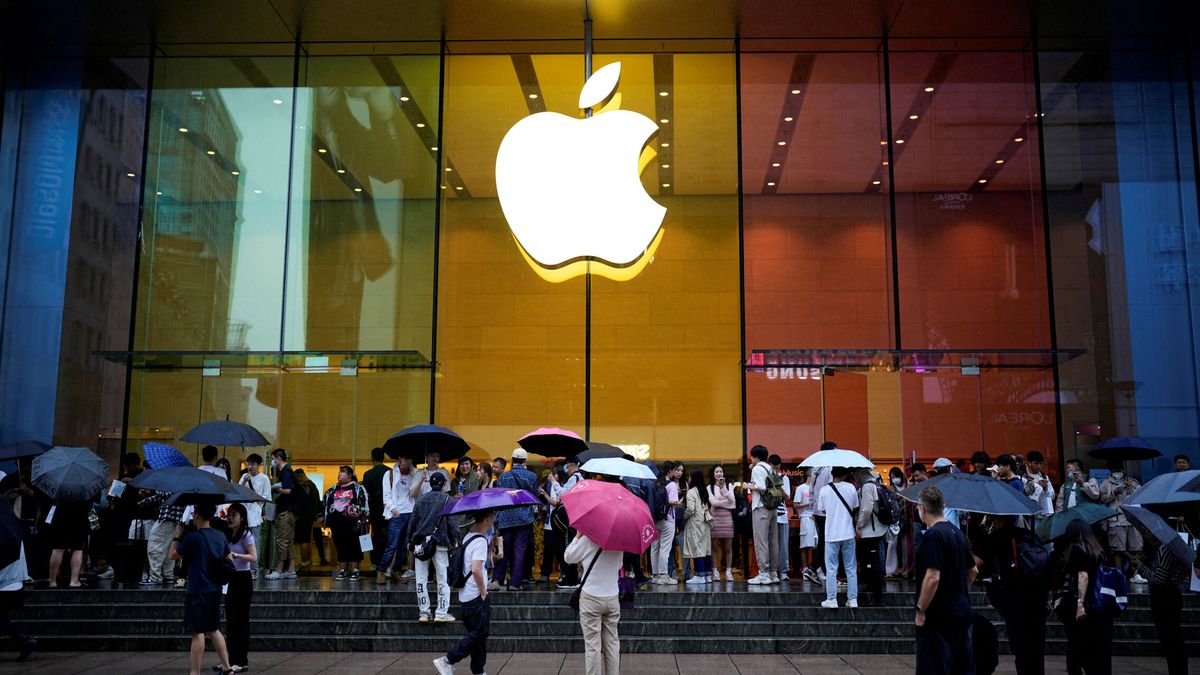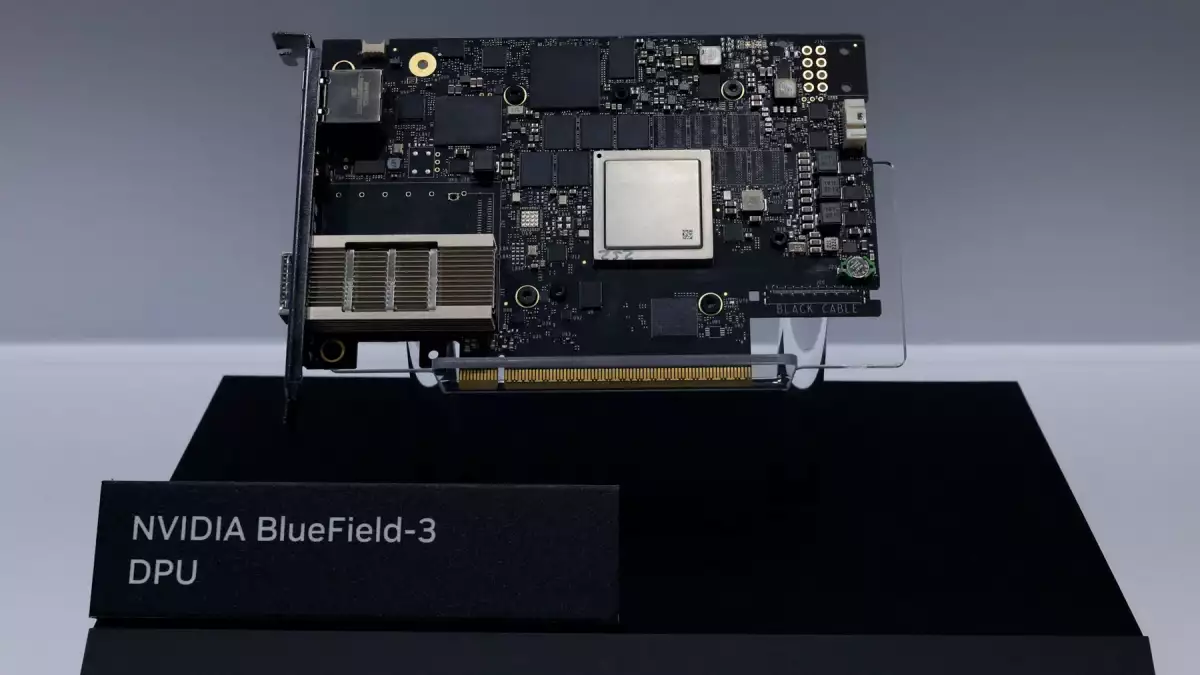
Microsoft grows revenue 12% on AI, but still disappoints
The company posted net revenue of $24.11 billion, but Azure growth was lower than analysts had expected.
There have been many movements in Artificial Intelligence and they are beginning to impact the finances of companies. Microsoft announced a 12% increase in its revenues during the second fiscal quarter , ended on December 31, 2024, reaching $24.11 billion in net income, an increase of 10.2% compared to the $21.87 billion recorded in the same quarter of the previous year.
One of the main drivers of this growth was the company's intelligent cloud segment, which includes Azure, which generated $25.54 billion in revenue. While this figure represents a 19% increase, it was below the consensus of StreetAccount analysts, who projected $25.83 billion.
Within this segment, revenue from Azure and other cloud services grew by 31%, maintaining a positive trend although slightly lower than the 33% recorded in the previous quarter.
Artificial intelligence, a key factor in growth
AI has been a crucial element in Microsoft’s performance. According to Satya Nadella, the company’s CEO, AI contributed 13 percentage points to the quarter’s growth. And it has boosted other verticals, such as the Productivity and Business Processes segment, which includes Office and LinkedIn, where it reported revenue of $29.44 billion, up 13.9% and beating StreetAccount expectations of $28.89 billion.
On the other hand, the Personal Computing unit, which includes Windows, Bing, Surface and Xbox, generated $14.65 billion in revenue. This figure remained stable compared to the previous year thanks to sales of Windows devices and licenses that grew by 4%, driven by a 1.4% increase in PC shipments, according to data from Gartner.
Key Investments and Announcements
Microsoft continues to invest heavily in innovation with significant investments in artificial intelligence. During the quarter, the company announced Windows 365 Cloud Link, a cloud-based PC designed for the corporate environment. Additionally, GitHub, one of its units, expanded support for AI models from Anthropic and Google for its programming chatbot, adding to the existing integration with OpenAI.
In terms of investment, Microsoft spent $15.8 billion on capital expenditures during the second fiscal quarter, slightly beating the Visible Alpha analyst consensus estimate of $15.7 billion. It also expanded its collaboration with OpenAI with an additional investment of $750 million.
Despite strong financial results, Microsoft shares fell 2% on Monday, due to increasing competition in the artificial intelligence sector. DeepSeek, a Chinese lab, unveiled an open-source model in December that the company said it trained with just $5.6 million, considerably less than models from major U.S. companies. And last week DeepSeek unveiled its R1 model, which reportedly outperformed OpenAI in some key tests.
In light of these developments, Nadella stressed the importance of closely monitoring developments in China and reaffirmed Microsoft's commitment to invest $80 billion in AI infrastructure during the current fiscal year.
Leave a comment:


Tranding News










